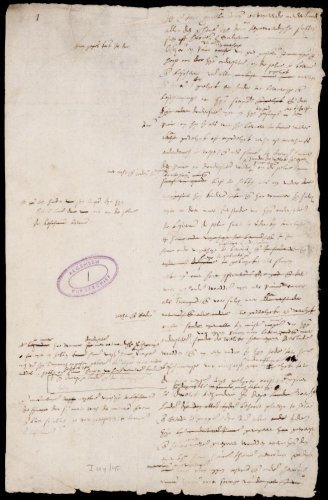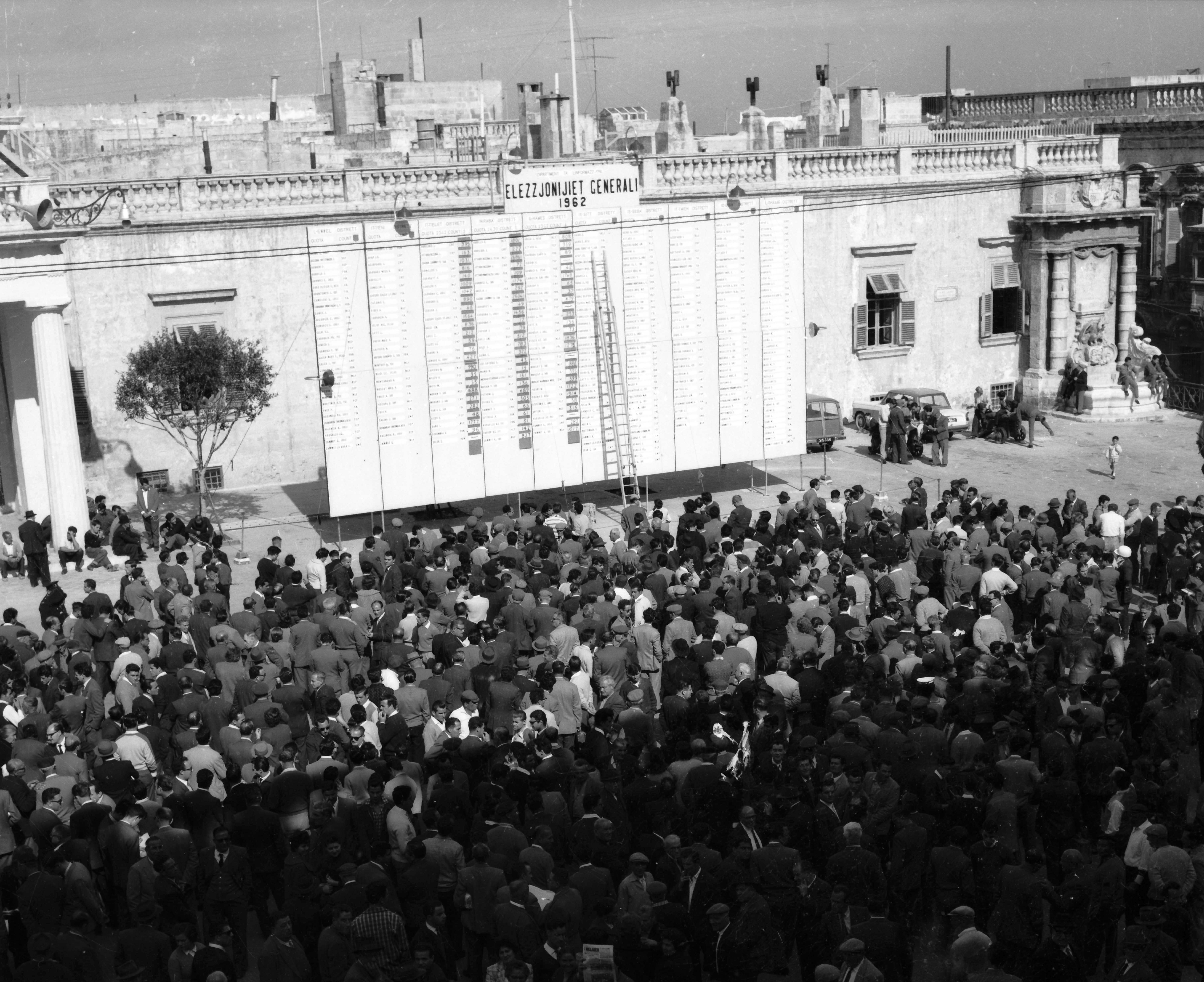Meet the Members Council: Wim van Dongen
Reading the Councillors’ blog posts on Europeana Pro, you will notice that they are all people with a mission, with a passion, and that it always has something to do with publishing and sharing as much information about Europe’s cultural heritage as possible. Well, in that sense, I am not any different.
Putting content quality first
As a historian involved in the Archives Portal Europe, one of Europeana’s domain aggregators, I made it my mission to open up the wealth of archival material stored in European archival institutions, making it available online. Both in our own portal for diehard researchers, and in Europeana for anyone who isn’t that familiar with the specific methods archivists use to describe archives and collections.

Minuut-plakkaat van de Staten Generaal betreffende de vervallen-verklaring van de koning van Spanje van de overheid over Nederland, Nationaal Archief, Den Haag, Public Domain. On Europeana, on the Archives Portal Europe. See also: Wikipedia – Act of Abjuration
I have been cooperating with the Europeana team since 2008. My focus has always been a rather technical one: getting the information on digitised archival material from European archival institutions published in Europeana in the best possible way. But recently, I realised that this is actually a bit short sighted. Of course, getting content in Europeana in accordance with its technical specifications is an important aspect of our aggregation relation. But for both our endeavors, it’s even more important that the content we give access to can really be put to good use. That’s why I fully supported Europeana’s new content strategy to go for quality rather than quantity and also why I pushed forward on drafting, discussing and approving a new Archives Portal Europe-Europeana content policy within the European archives community, based on this thinking.

Publication of Election Results, L-Arkivji Nazzjonali Ta' Malta, CC BY-NC-ND. On Europeana, on the Archives Portal Europe
Proving our relevance to the European society
And that’s where my passion for history kicks in. It’s my firm conviction that a good knowledge of history makes us understand today’s world better. In my opinion, large-scale and free access to information on cultural heritage is very important for a society in general and the European one in particular. Not only to provide impetus for the economy sectors of the creative industry and the information technology, but also to lead to more awareness on what Europe is about, on what topics the current European society is struggling with, and how we can address those and why we should deal with those, simply by providing the right historical context. In that sense, the cultural heritage sector can contribute massively to a reality that is here to stay: the further unification of Europe, by raising awareness about its cultural diversity and identity.
For these reasons, I asked the Archives Portal Europe and Europeana teams to center upcoming campaigns on topics that are currently being debated within Europe. #AllezDemocracy, started this month with a focus on the history of Democracy in Europe. It will highlight relevant documents from the collections of both portals, and will be promoted via their social media channels. If you share my passion for history and for Europe, then please take part!
You must have figured out by now that I didn’t sign up for the Members Council because I am fond of administrative tasks, far from that actually. I decided to join, and even to sign up for a second term, because I think the Europeana initiative as a whole is an important one, with opportunities to really make a difference. It needs every support it can get: if you agree, please join the Europeana network and help us make a difference!
